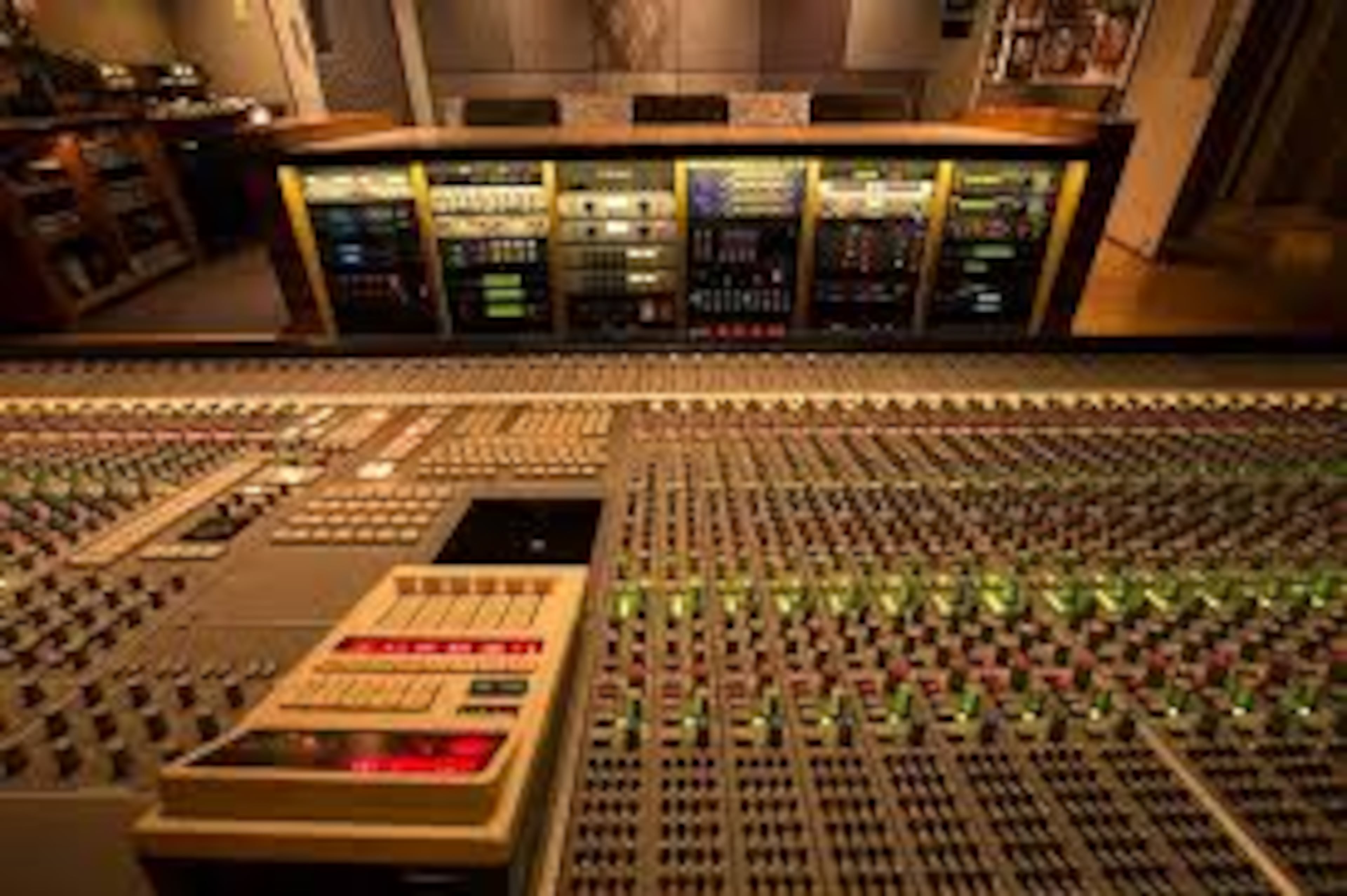T.I. purchases longtime Atlanta recording studio
The entrepreneurial spirit of T.I. is well documented.
Along with his Grand Hustle empire, crisscrosses into TV and movies, club ownership and even a venture with fellow Atlanta rapper Killer Mike to reopen Bankhead Seafood, the artist known as Clifford "Tip" Harris Jr. has successfully seared his imprint on his hometown.
T.I. can now also be saluted as a studio owner. His recent purchase of Atlanta’s Silent Sound Studios – renamed Super Sound Studios – not only gives him a permanent recording home, but a protected piece of history.
“This was the only space that Tip wanted, with the heritage and quality and size of it,” said Elliot Carter, chief engineer of the studio and T.I.’s engineer for the past 15 years. “There aren’t many of these left. The whole idea that Tip was involved in keeping the history with the studio, that’s really where I’m proud of being part of it.”

The studio, near Northside Drive and 17th Street, has been a go-to for marquee names including Whitney Houston, Justin Bieber and Elton John. The creative facility impacted millions of records, as well as TV and film projects. Even its original name maintained some mystique.
“It was about keeping things tight knit,” said Carter, joking that even though T.I. changed the moniker, the “SSS” abbreviation still applies.
The history of Silent Sound began in 1996, when songwriter/producer Daryl Simmons, known for his collaborations with L.A. Reid and Babyface during the LaFace Records era, bought the recording house. Simmons’ longtime engineer, Thom “TK” Kidd, purchased the studio in 2006 and continued to run it until last fall, when he decided to focus on engineering.

Enter T.I. and Carter, his trusted collaborator.
“We were in the right time and right place. Tip wanted to keep the studio a studio. It’s 25 years of history. He didn’t want it to leave,” Carter said.
Super Sound Studios includes two large rooms, including an upstairs suite where T.I. will primarily record. There is also a mixing suite (the studio is equipped with a 4000 G/64 channel console) and, soon to be finished, a podcast room.
“This is my favorite (studio), not only in Atlanta, but top three in the country,” said Carter. “Most engineers would probably agree. The quality of the room, the quality of the equipment…it’s 25 years old and sounds brand new. It’s just this space. No one builds these anymore.”


